The movies Blade Runner and Blade Runner 2049 created many fascinating and unforgettable characters. Fans still debate whether Harrison's Ford character Rick Deckard is a human or replicant. Roy Batty's "tears in rain" monologue is still dissected, as are Gaff's last words to Deckard. Such fan theories and debate have kept these characters alive and well, as have the addition of intriguing characters introduced in the sequel such as K and Joi.
While Blade Runner is already a rich universe, a crossover between fandoms is always welcome, such as sorting the character into the Hogwarts Houses from Harry Potter. Gryffindors value bravery, daring, nerve, and chivalry; Slytherins value ambition, cunning, resourcefulness, and self-preservation; Hufflepuffs value hard work, dedication, patience, loyalty, and fairness; Ravenclaws value intelligence, knowledge, creativity, and wit.
It's time for the main humans and replicants of the Blade Runner universe to don the Sorting Hat as their Hogwarts Houses are revealed.
10 Rick Deckard: Hufflepuff
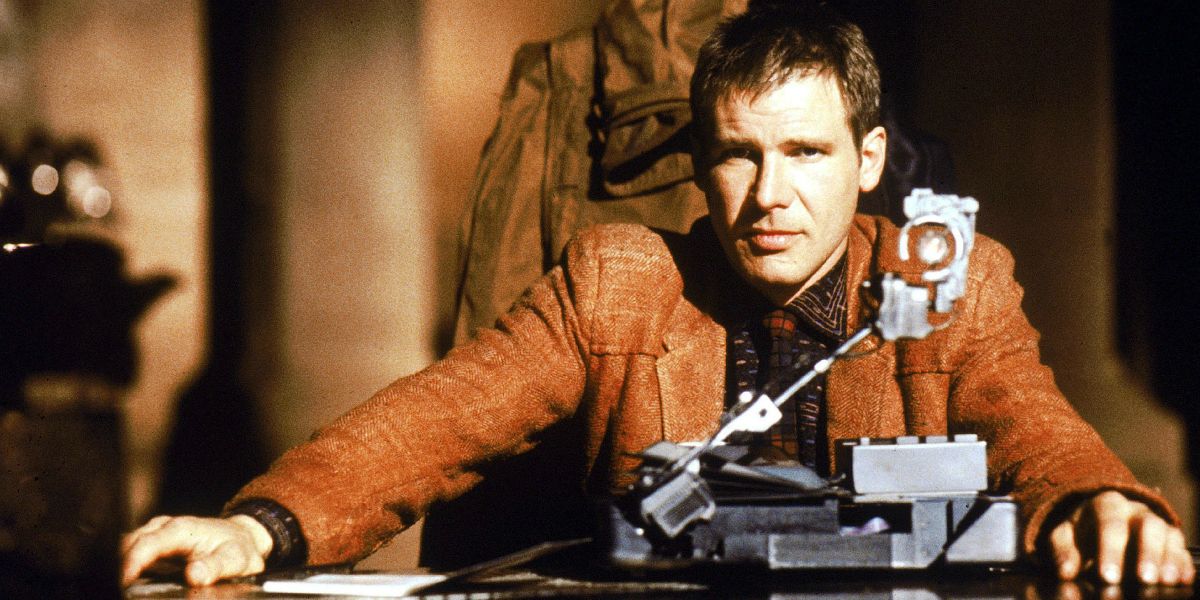
Deckard is a complex character. His many layers and the significant development he undergoes over the course of the two films makes him a more challenging character to sort. He's ultimately a Hufflepuff, though, because he's primarily driven by the love and loyalty he feels toward Rachael and his child. His initial feelings toward Rachael definitely cannot be described as love, but he did grow to genuinely love her. He abandoned his entire way of life to run away and create a new life with her, even though he knew they would be hunted.
Once their child was on the way, Deckard once again sacrificed everything to protect Rachael and now the child. With true Hufflepuff patience, he spent decades in exile. When the past caught up with him, he refused to divulge any information to Niander Wallace and stayed true to the promises he'd made. The greatest moment of his life comes at the end of Blade Runner 2049 when he's finally able to meet the daughter he's loved fiercely and been unable to meet for so many years.
9 Roy Batty: Slytherin
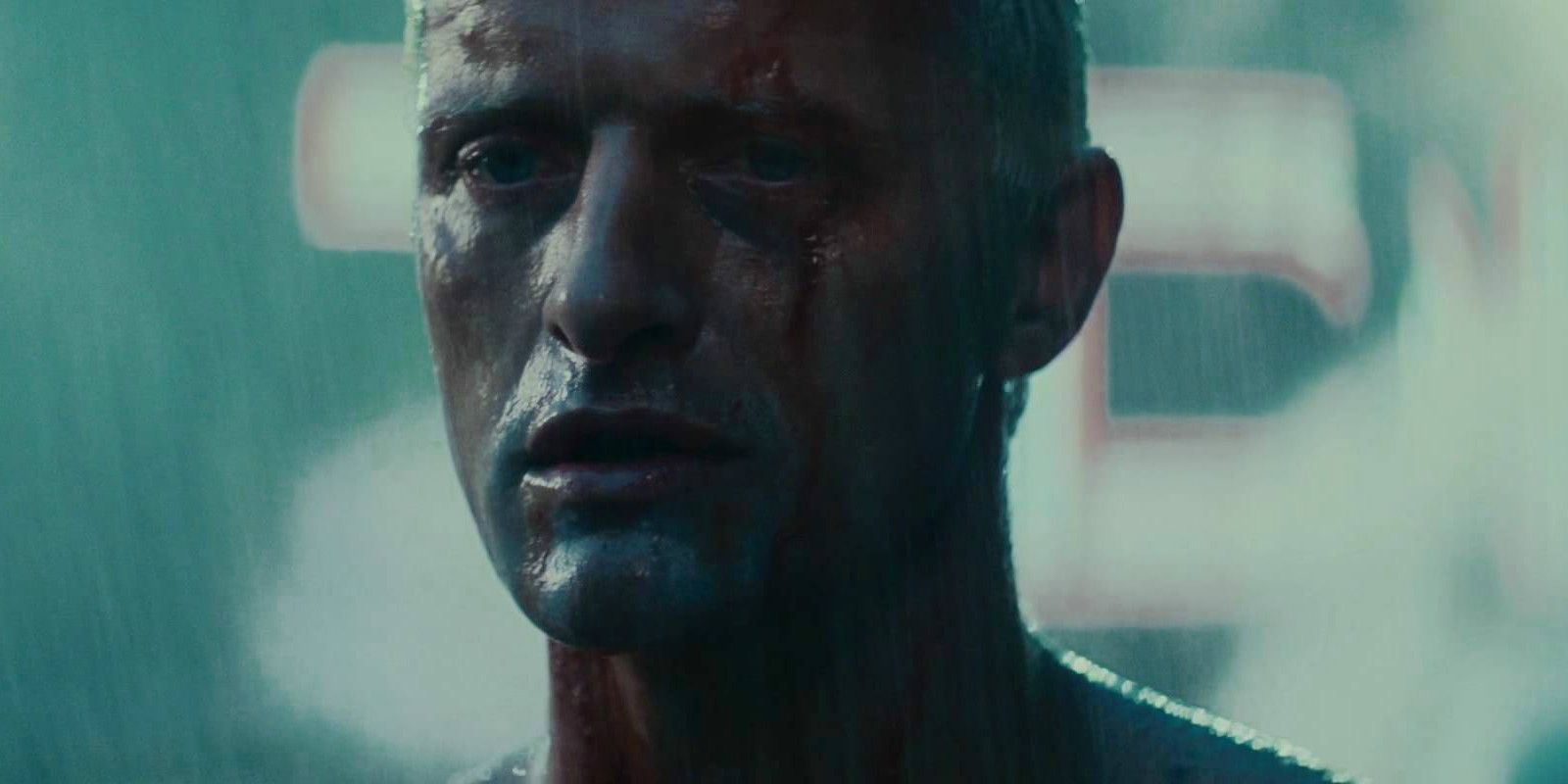
Roy is not a Slytherin just because he's considered the main antagonist of Blade Runner. Roy is a Slytherin because he's driven by self-preservation and he uses traits like ambition, cunning, and resourcefulness to achieve his goal. In order to avoid their impending deaths, Roy leads a team of replicants by infiltrating human society. Under his leadership, they are able to manipulate J.F. Sebastian into helping them, and he takes Roy directly to the powerful and elusive Eldon Tyrell. Roy is able to charm Tyrell, but when it's clear that Tyrell has no answers to ensuring Roy's self-preservation, Roy kills his maker.
Even when death is unavoidable, Roy still fixates on self-preservation. His iconic "tears in rain" monologue focuses on how his unique memories and experiences will be forever lost with his death. Roy dies with his legacy partly preserved in Deckard's memories, with a realization that allows him to feel truly human, and to help future replicants.
8 K: Gryffindor
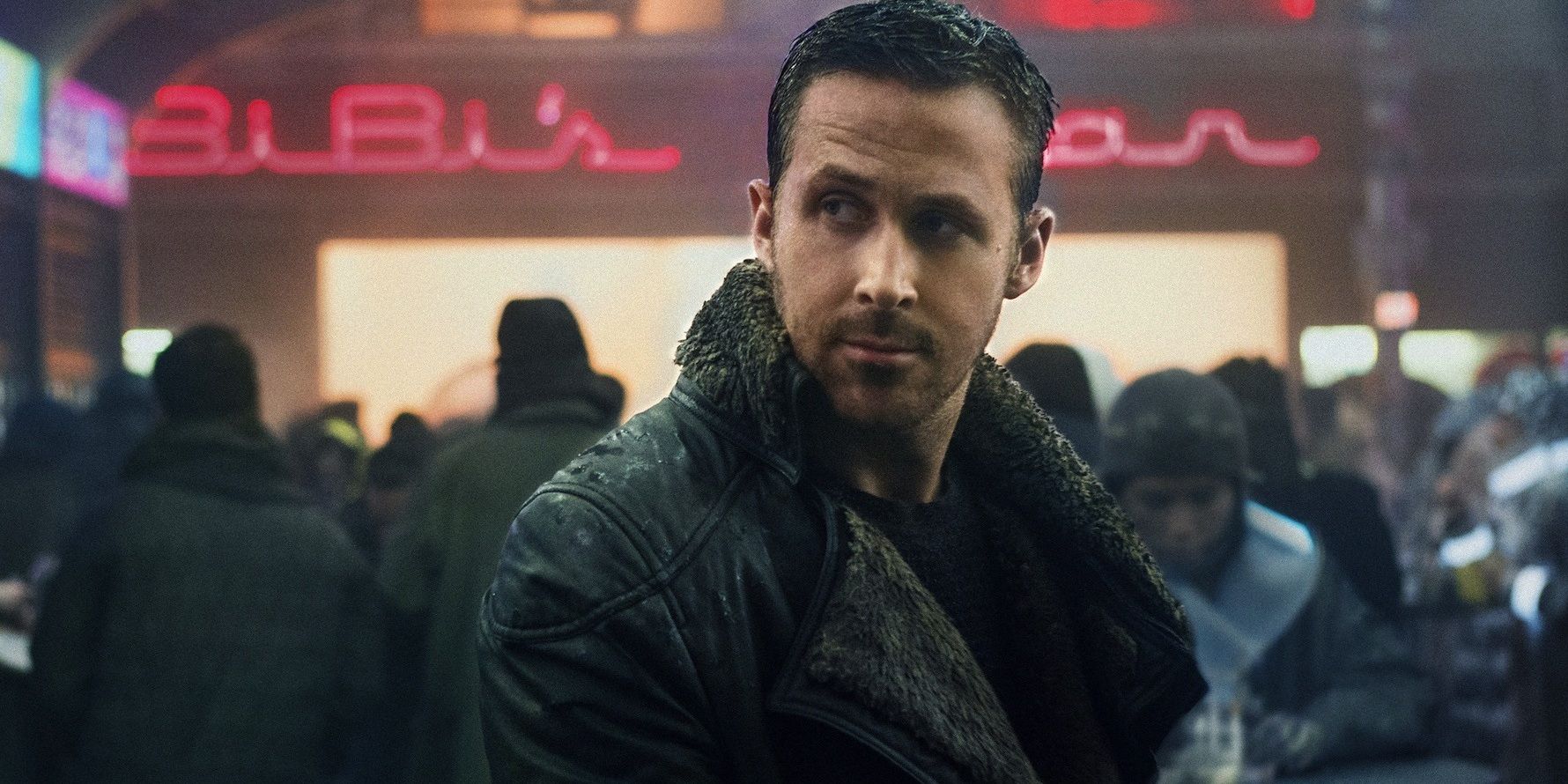
Throughout Blade Runner 2049, K dives into a variety of situations with Gryffindor courage and a sense of justice. When his world is turned upside down by the discovery that a replicant had a child--and the possibility that he might be that child--K has the nerve to throw out the rules he's always followed and goes on a journey to discover the truth.
K isn't a Ravenclaw, though, so his journey isn't ultimately about the truth. It's about finding his soul by doing the right thing for the right reasons, no matter how overwhelming the odds. He helps Deckard finally meet his daughter because it's the right thing to do and he performs some gutsy moves to make it happen.
7 Gaff: Ravenclaw
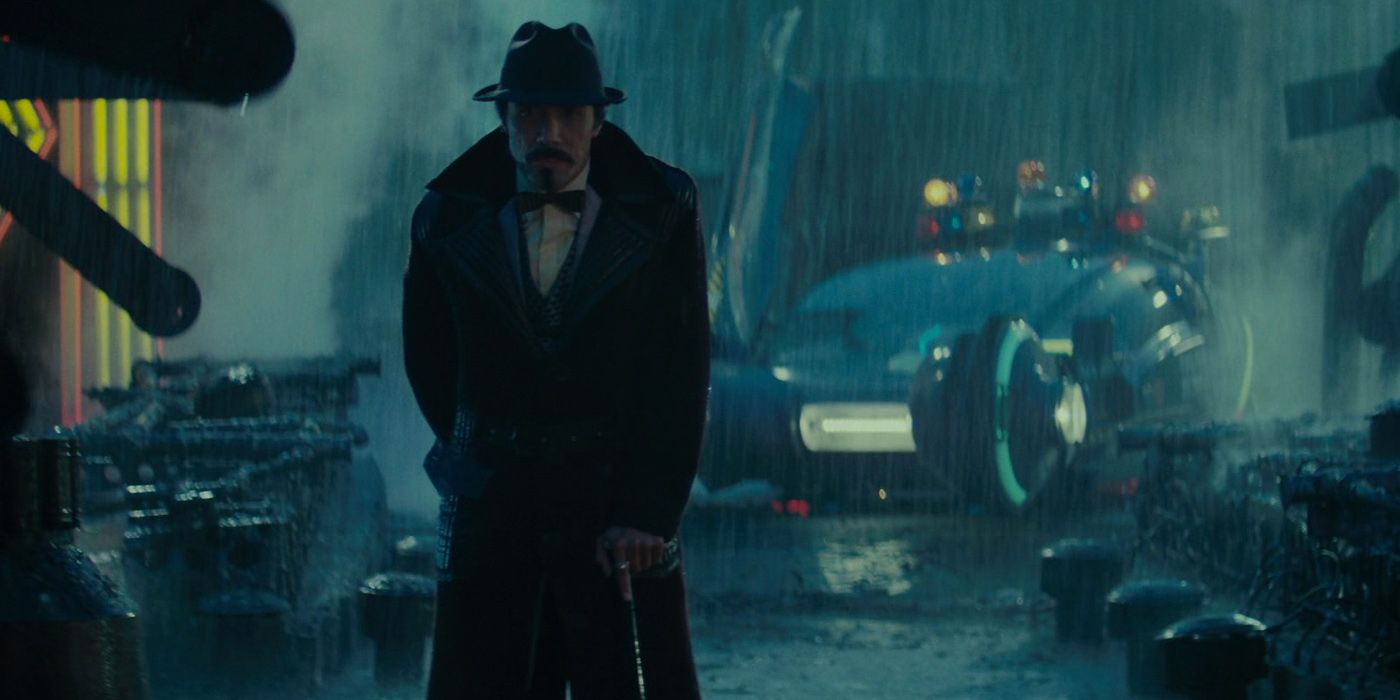
A character as enigmatic as Gaff could only be a Ravenclaw. He tends to communicate through the creative means of origami. All his origami creations demonstrate a deep understanding of the people he's interacting with and their inner conflicts. This is true for the origami he creates when interacting with both Deckard and with K.
Beyond the origami, Gaff's last words to Deckard are, "It's too bad she won't live! But then again, who does?" Only a Ravenclaw thinks so deeply about what it really means to live and whether or not most humans or replicants actually "live."
6 Rachael: Hufflepuff
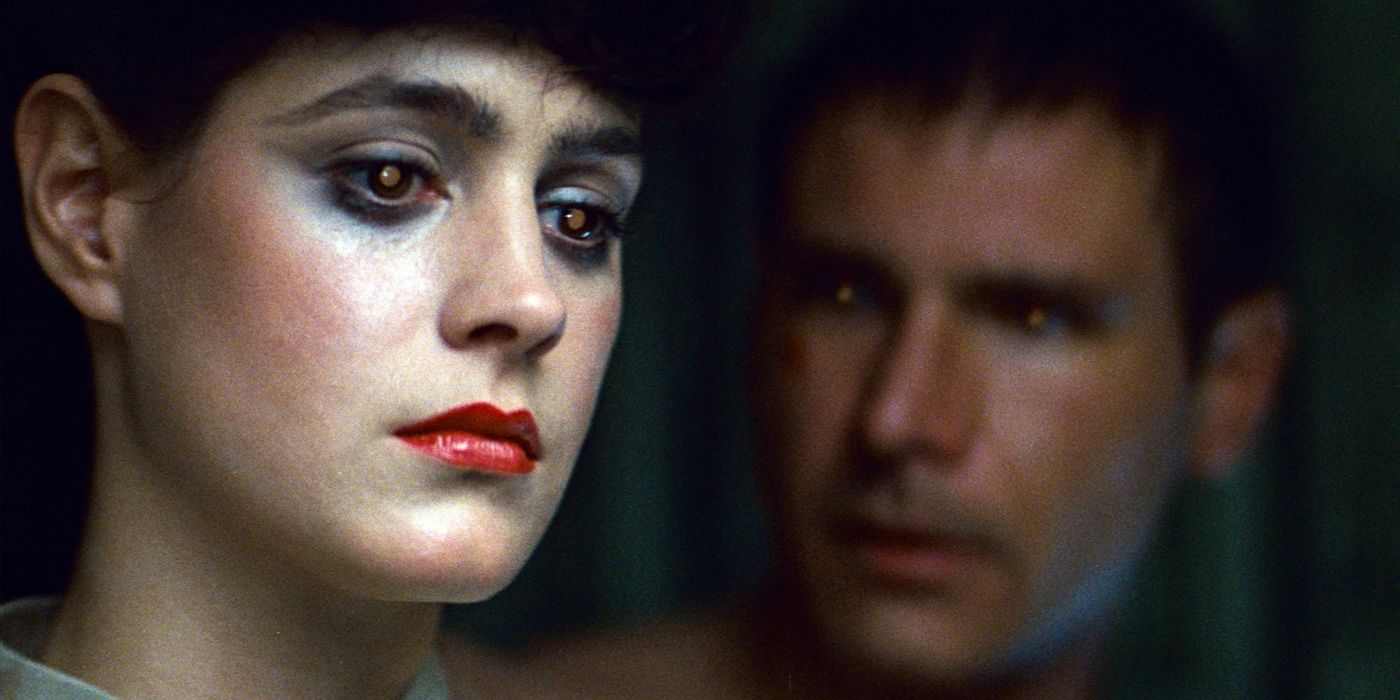
On Rachael's road to self-discovery, she becomes loyal and dedicated to Deckard. She's able to head into the unknown at the end of Blade Runner because she's doing it with Deckard.
Even though she's deceased by the timeline of Blade Runner 2049, the new information presented about her is consistent with those values. She sacrificed everything to be with Deckard. She sacrificed everything again to ensure their child would survive and be safe. Like a true Hufflepuff, her motivations always went back to her loyalty and dedication to the family she created for herself.
5 Eldon Tyrell: Slytherin
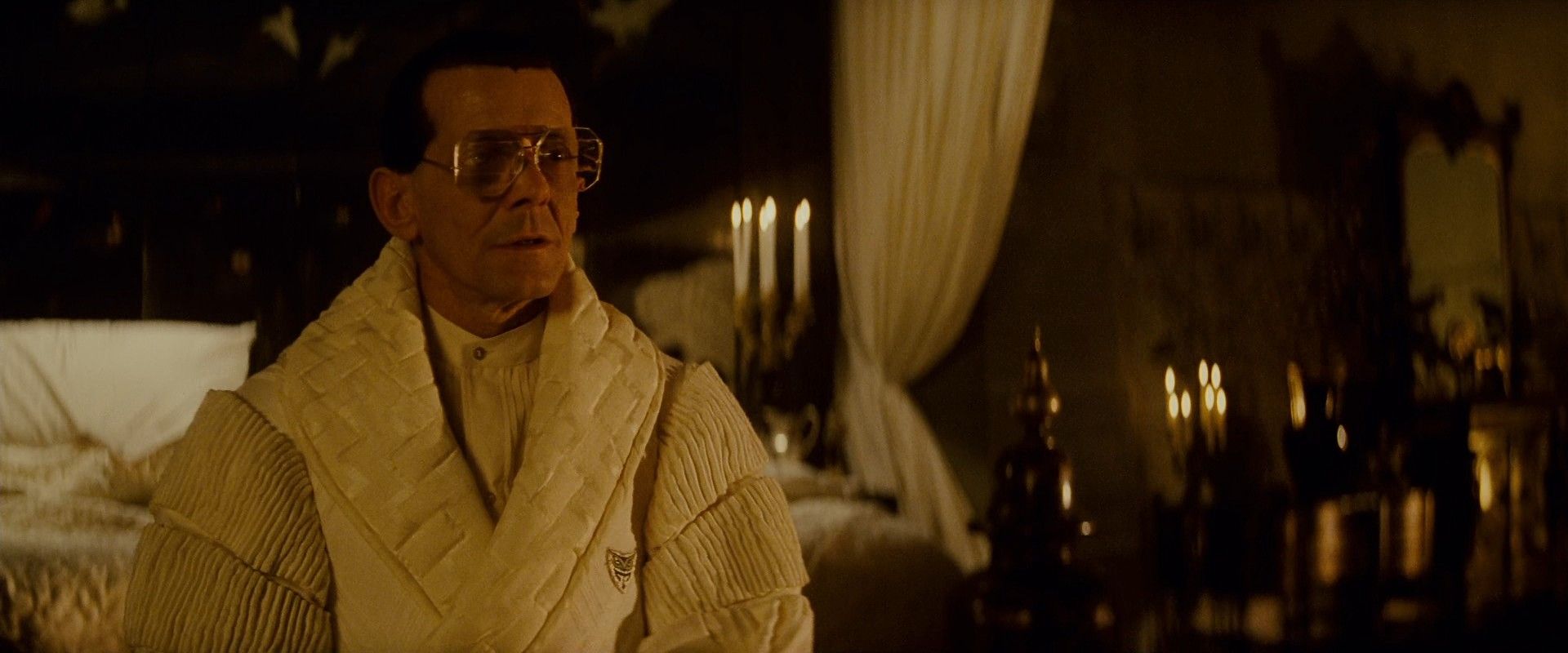
The Tyrell Corporation's ubiquitous influence and control is a significant indicator of Eldon Tyrell's Slytherin status. His ambitions have manifested into the complex beings known as replicants who he boasts are, "More human than human."
Blade Runner 2049 suggests that Tyrell was even more manipulative and cunning than audiences initially realized. Niander Wallace seems to think that Tyrell wanted Deckard and Rachael to meet so they would fall in love and give birth to a replicant child, a feat that is viewed by many characters in Blade Runner 2049 as "a miracle."
4 Joi: Hufflepuff

The Joi product exists to make the consumer happy. K's feeling for his Joi go much deeper than the average consumer and it's hinted that his Joi is more sentient than intended by her design. Regardless, the loyalty, love, and dedication she feels toward K make her a Hufflepuff.
She seeks to protect and love him in every way that she can and even to push him to be a better version of himself. Even when it feels like the entire world is against K, Joi is always a constant ally, right up to her final moments.
3 Pris: Slytherin
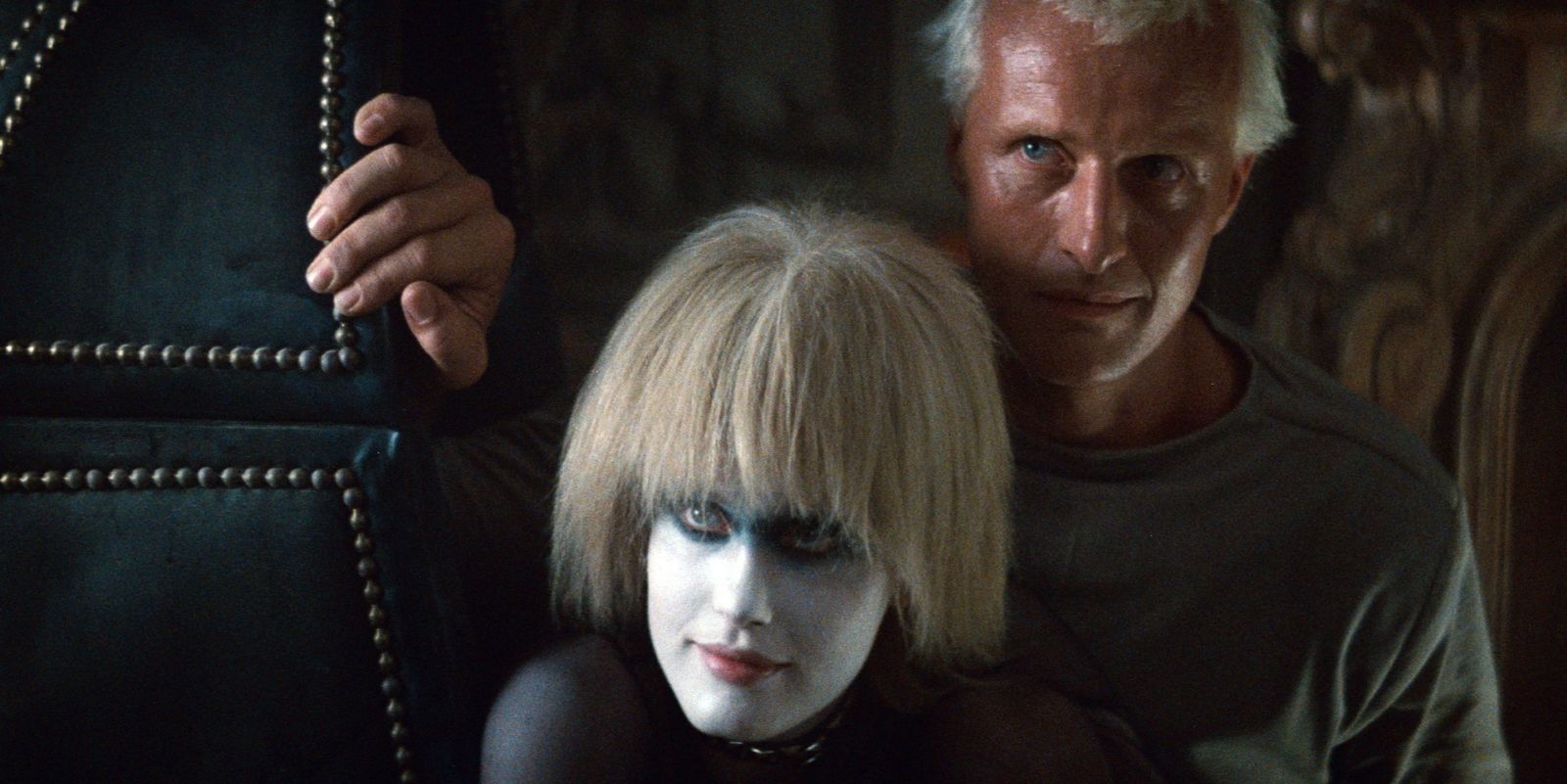
Pris's greatest pleasure is rooted in the thrill of successfully manipulating others. From beginning to end, it's clear she enjoys preying on J.F. Sebastian's vulnerabilities in order to gain his trust and favor. She exploits his loneliness and the genetic deficiency that keep him from going to the Off-World colonies despite his brilliance. She makes Sebastian feel like he has to be a good friend and help her and Roy get access to Eldon Tyrell, to give them the chance at an improved life that he can never give to himself.
Pris's enjoyment of manipulation and her resourcefulness also comes into play when Deckard arrives at J.F. Sebastian's apartment. She pretends to be one of Sebastian's "toys" and uses the disguise to make the first move against Deckard.
2 Dr. Ana Stelline: Ravenclaw
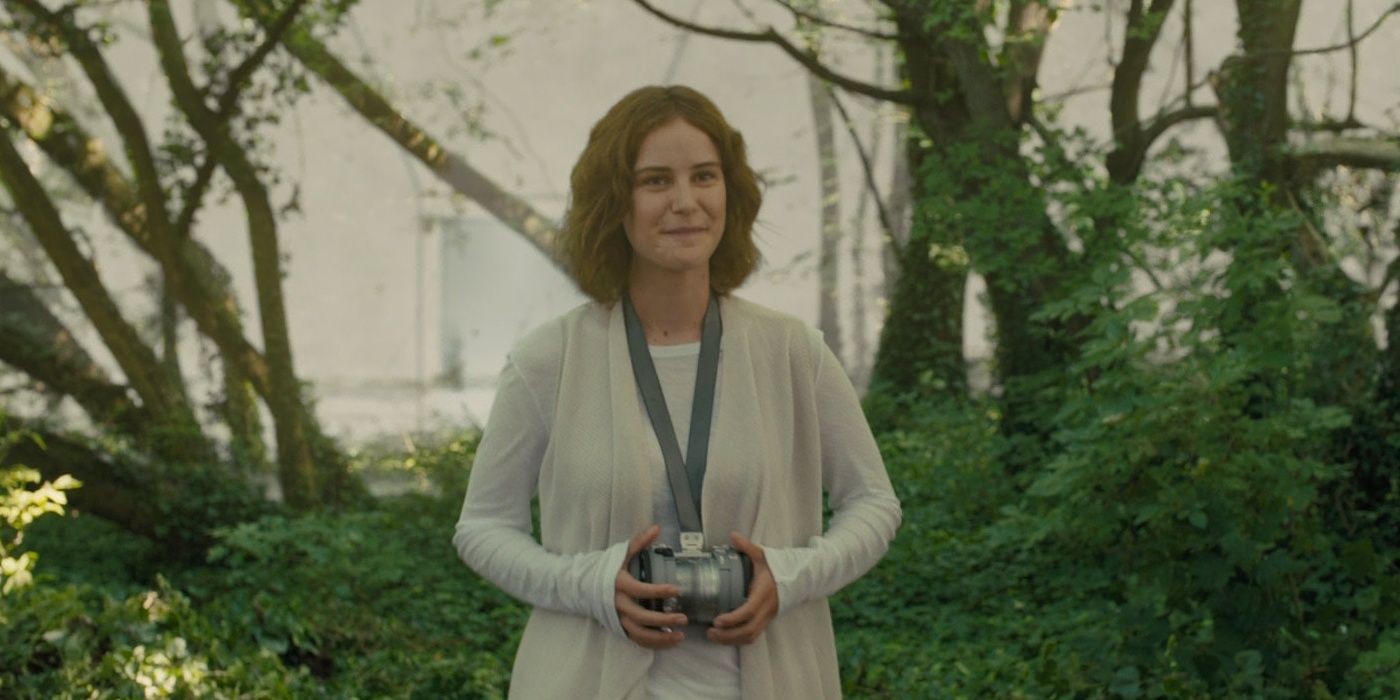
Ana is the child of Deckard and Rachael, but she's much more than that. She designs impeccable memory implants that are used in the replicants created by the Wallace Corporation. Her memories are so flawless that K got to a point where he thought the memories were his own rather than just being implants.
Her intelligence, creativity, and the knowledge of her own experiences are channeled into each and every memory. Ana's need to work on creating and refining these memories while listening to others also shows how she constantly needs to be utilizing the traits that make her a true Ravenclaw.
1 Niander Wallace: Slytherin
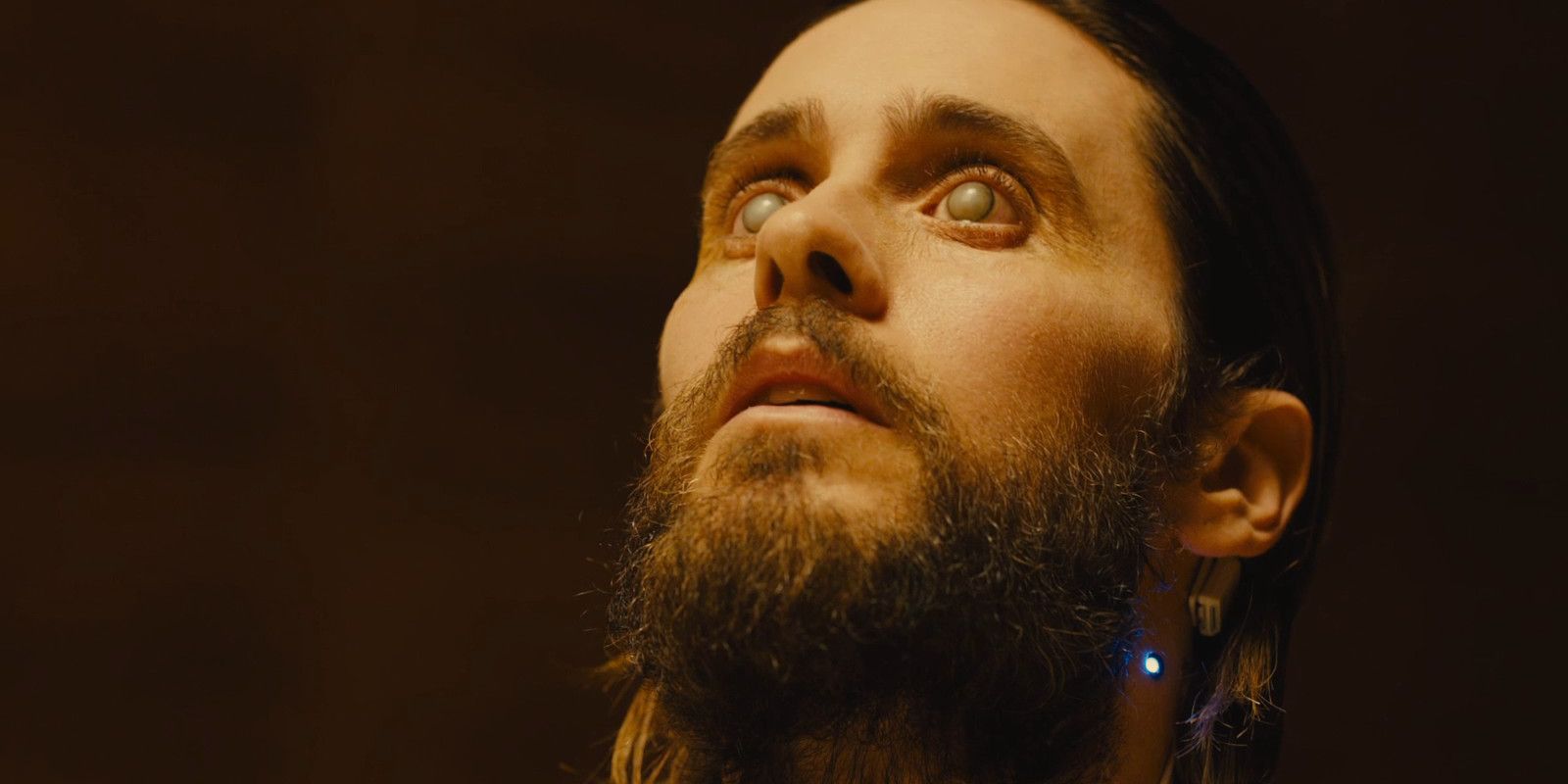
Niander Wallace has unquenchable ambition. Nine worlds are not enough for him as he complains a child can count to that number on their fingers. His technological innovations revolutionized life on Earth and on all the Off-World colonies. Wallace's cunning and resourcefulness ensured that famine was averted and a massive number of "improved" and obedient replicants were created. Also, he's blind, but can see when he chooses to through implants that he created.
No matter how extensive his wealth and control may be, he still obsesses over what he lacks. He lacks the ability to create replicants that can reproduce, an obstacle that stifles his endless ambitions, unless he can crack the secret.
from ScreenRant - Feed https://ift.tt/3bHhHhc

0 Comments